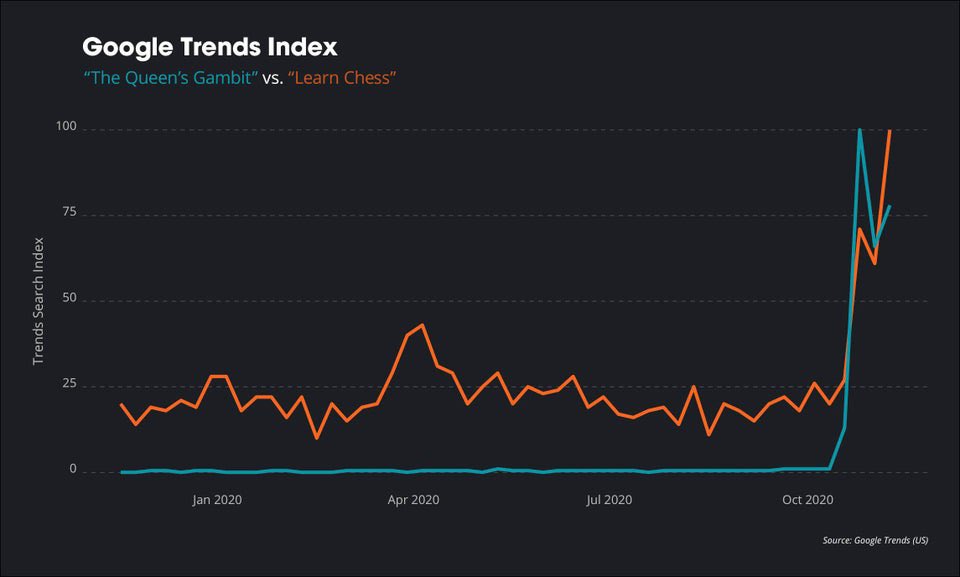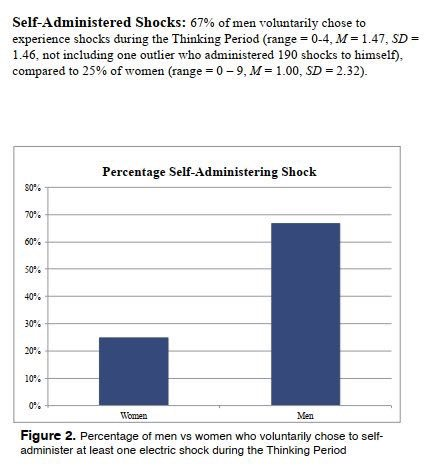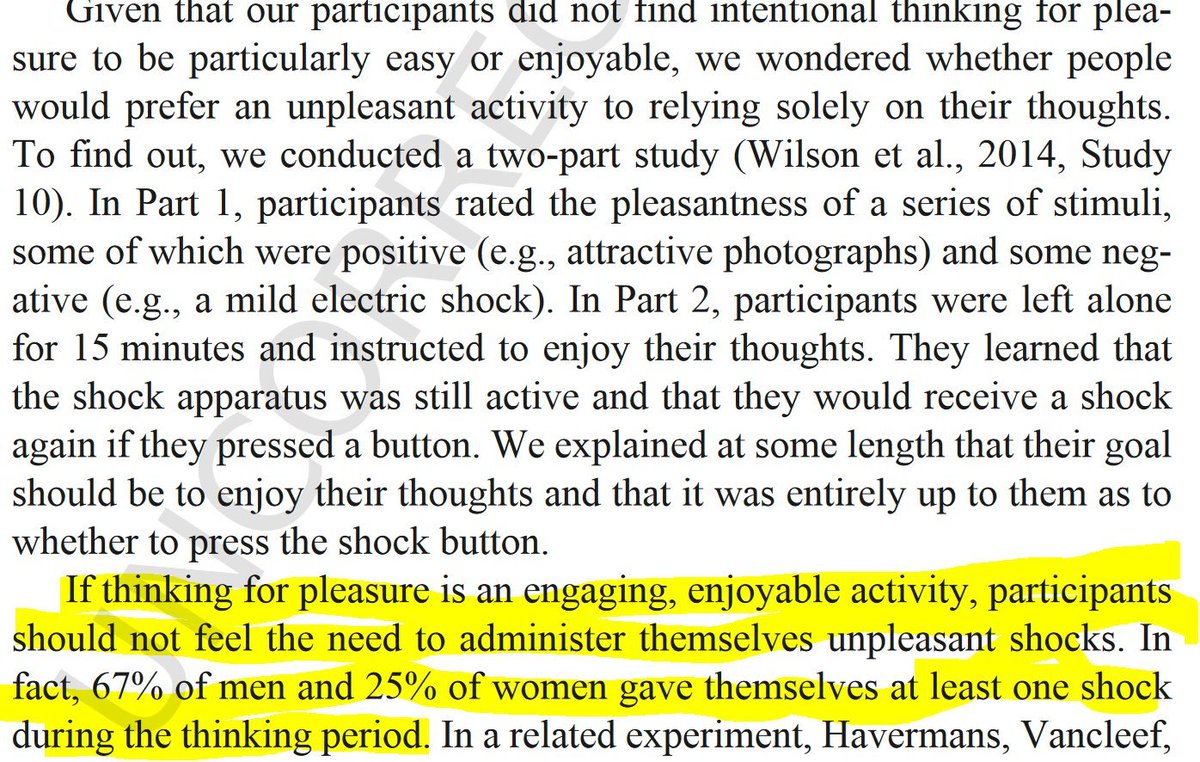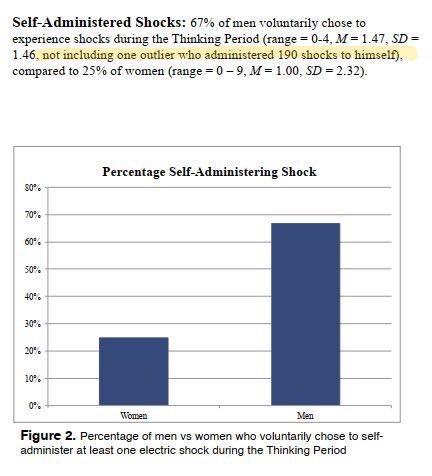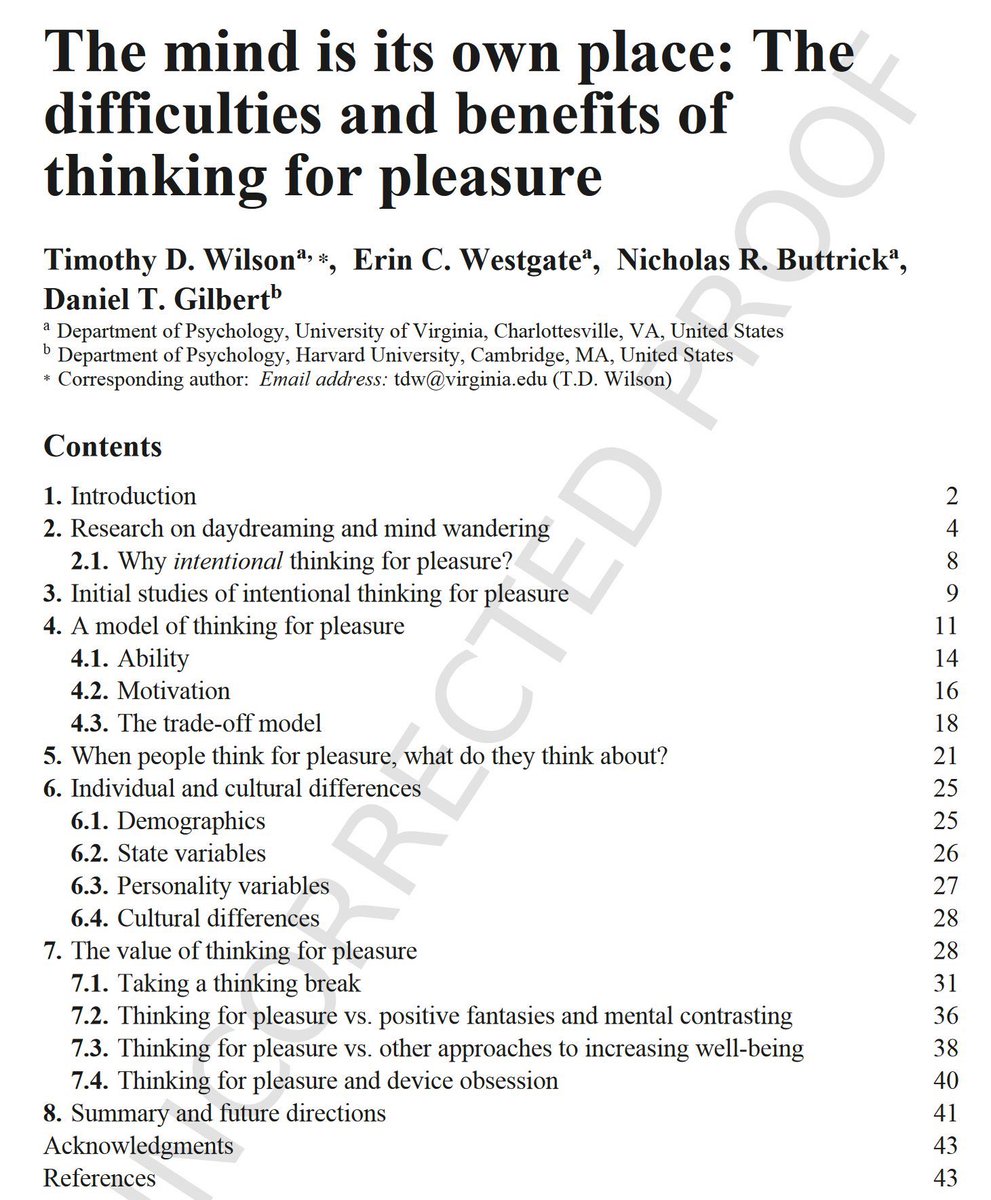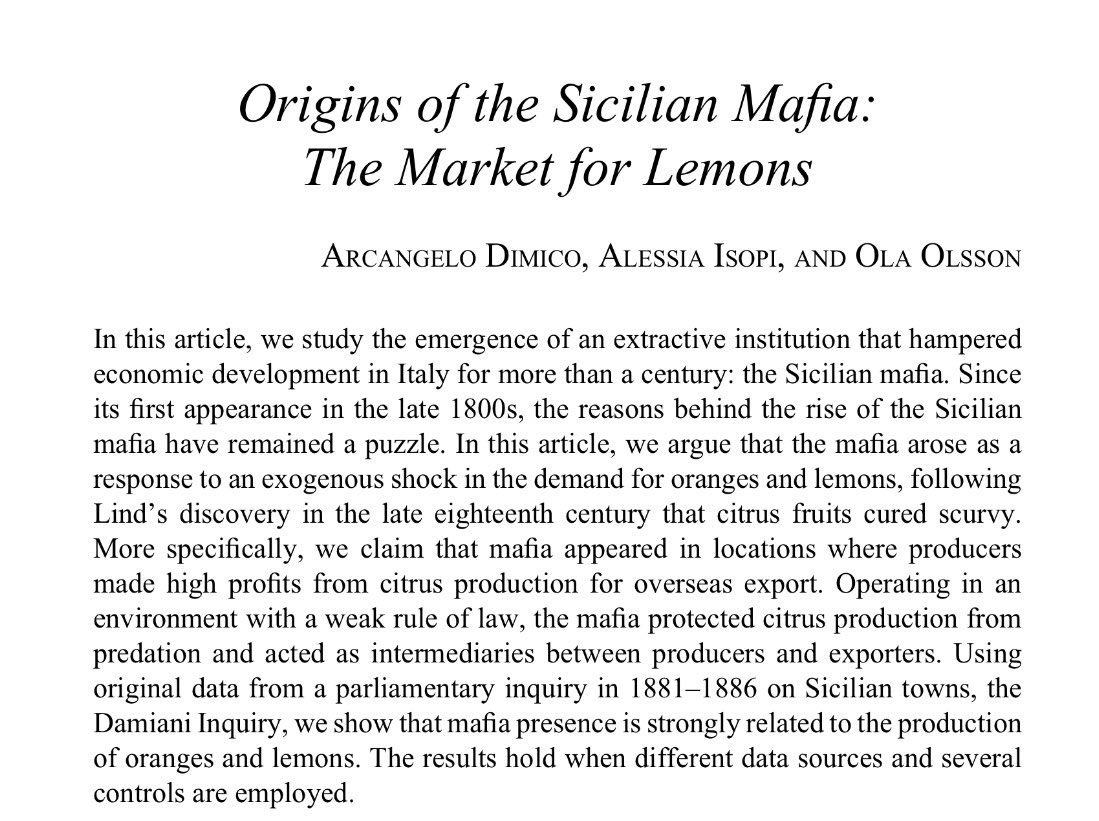
As we grapple with social media & other new tech, it is worth knowing Historian Kranzberg's 6 Laws of Technology, in a 🧵:
1st Law: “Technology is neither good nor bad; nor is it neutral” - many problems occur when benign technologies are used at scale. Think DDT (or Facebook)
1st Law: “Technology is neither good nor bad; nor is it neutral” - many problems occur when benign technologies are used at scale. Think DDT (or Facebook)
2nd law: “Invention is the mother of necessity” - new technologies, as they scale, require their own suites of innovations. Self driving cars have pushed development of new sensors, phones ever better cameras, etc. This is a good rule for entrepreneurs looking for new markets.
3rd law - “Technology comes in packages, big and small” Technology is all about systems, you can’t study individual things in isolation. One issue with blockchain is that it doesn’t fit well into the social, organizational, and technical systems that it is supposed to replace.
4th law (short version): “Technology is critical to many policy decisions but non-technical issues are usually given more importance.” Political, social and business concerns shape which solutions are used, even if a better technology is available. Think the debates over nuclear.
5th law: “All history is relevant, but the history of technology is the most relevant.” Look behind any aspect of the development of the modern world and you will see a parallel story about technology. (Also worth nothing that the laws were developed by a historian of tech!)
6th law - “Technology is a very human activity.” Technologies are developed and used by people. I’ll let Kranzberg himself describe why this matters through two excellent examples.
Like all academic laws, take them with a grain of salt, but they are a wise check on bad pundits.
Like all academic laws, take them with a grain of salt, but they are a wise check on bad pundits.

Here's a nice recent article covering the Kranzberg's Laws, if you want more context. wsj.com/articles/the-6…
• • •
Missing some Tweet in this thread? You can try to
force a refresh

